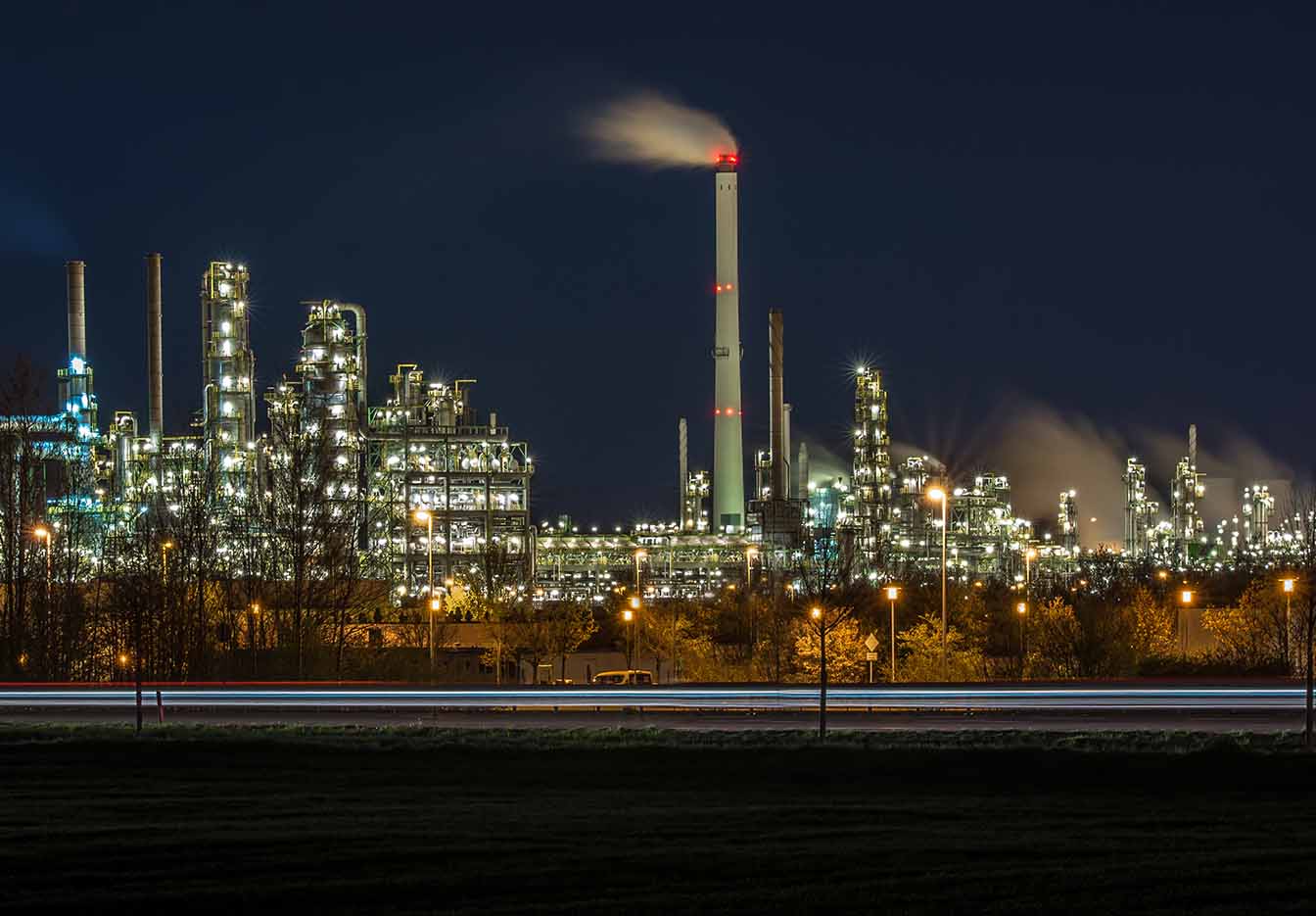Ultimately, coal will be replaced by renewable energy. This is fantastic! Already now coal power plants are being converted to burn biomass: Denmark’s largest power station has replaced coal with wood chips and straw.
EnergyNest offers a solution not just during the transition to fully renewable electricity but will also remain an integral part of future sustainable power systems: ultra-low cost and directly integrated into the steam cycle. Only plants with the ability to rapidly adjust power output to follow variable renewable energy will matter in the future. Due to their low marginal cost and zero emissions, wind- and solar energy are bringing conventional power plants out of their comfort zone – from traditional, rigid “baseload beasts” to peaker plants. This implies more frequent starts/stops, cycling and operation at minimum power output. It also implies more stringent requirements for ancillary services.
Thermal power plants such as concentrating solar power (CSP), biomass and electricity from waste (EfW) have an important role to play in the full transformation from fossil to renewable electricity. This is because very few alternatives can provide security of supply. Thermal power plants maintain grid stability and provide power when the wind is not blowing and the sun is not shining, ensuring that the lights are always on.



